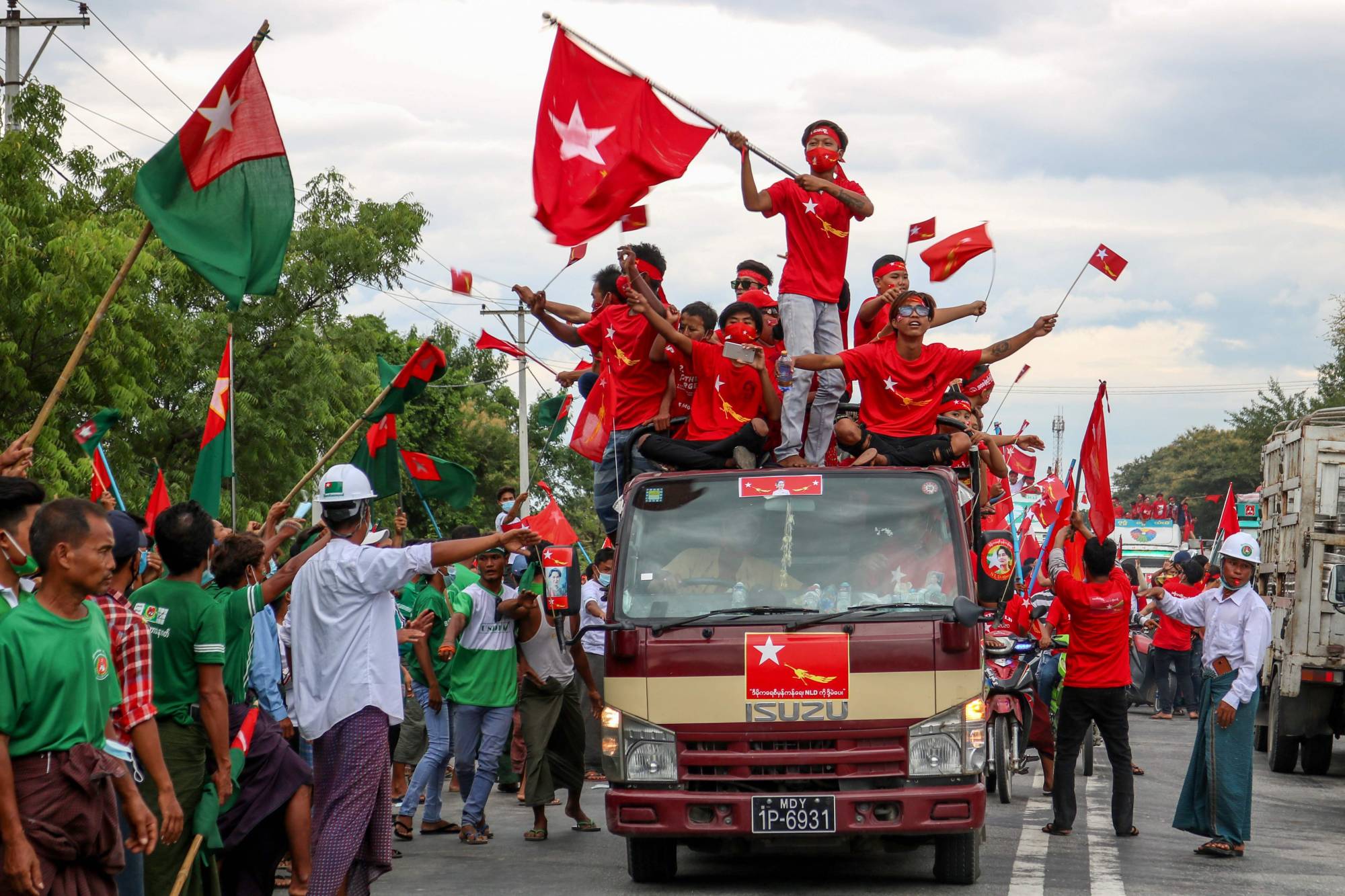When Myanmar began its transition to democracy from military rule in 2010, it came with grand aspirations to restore its long lost status as a vital player in the Asian economy. A decade later, with de facto leader Aung San Suu Kyi poised for re-election, those plans remain largely unfulfilled.
Under former President Thein Sein, Myanmar’s military-backed government began expanding political freedom and loosened economic controls while pushing mega projects that underscored the country’s ambitions. Among them was a $1.1 billion international airport just outside of Yangon, its biggest city, and a special economic zone in southeast Dawei with aspirations of being one of the biggest in the region.
Suu Kyi and her National League for Democracy swept to electoral victory in 2015 and sought to capitalize on the enthusiasm of foreign investors eager to get in on the ground floor in Myanmar following decades of isolation. The U.S. and European Union lifted sanctions, and the country saw a swift influx of bankers, lawyers and other investors looking for opportunities.



















With your current subscription plan you can comment on stories. However, before writing your first comment, please create a display name in the Profile section of your subscriber account page.